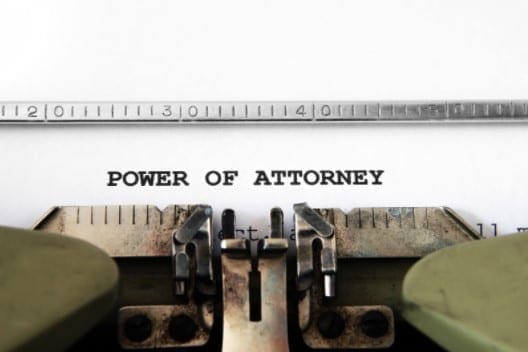Statutory Power of Attorney Issues With Self Dealing
Today’s video talks about the language of a statutory power of attorney document and the limitations it has when it comes “self dealing”. Essentially, your Power of attorney may not have the ability to transfer assets to themselves. This becomes a problem when you have a couple who are each other’s POAs. I hope this…







